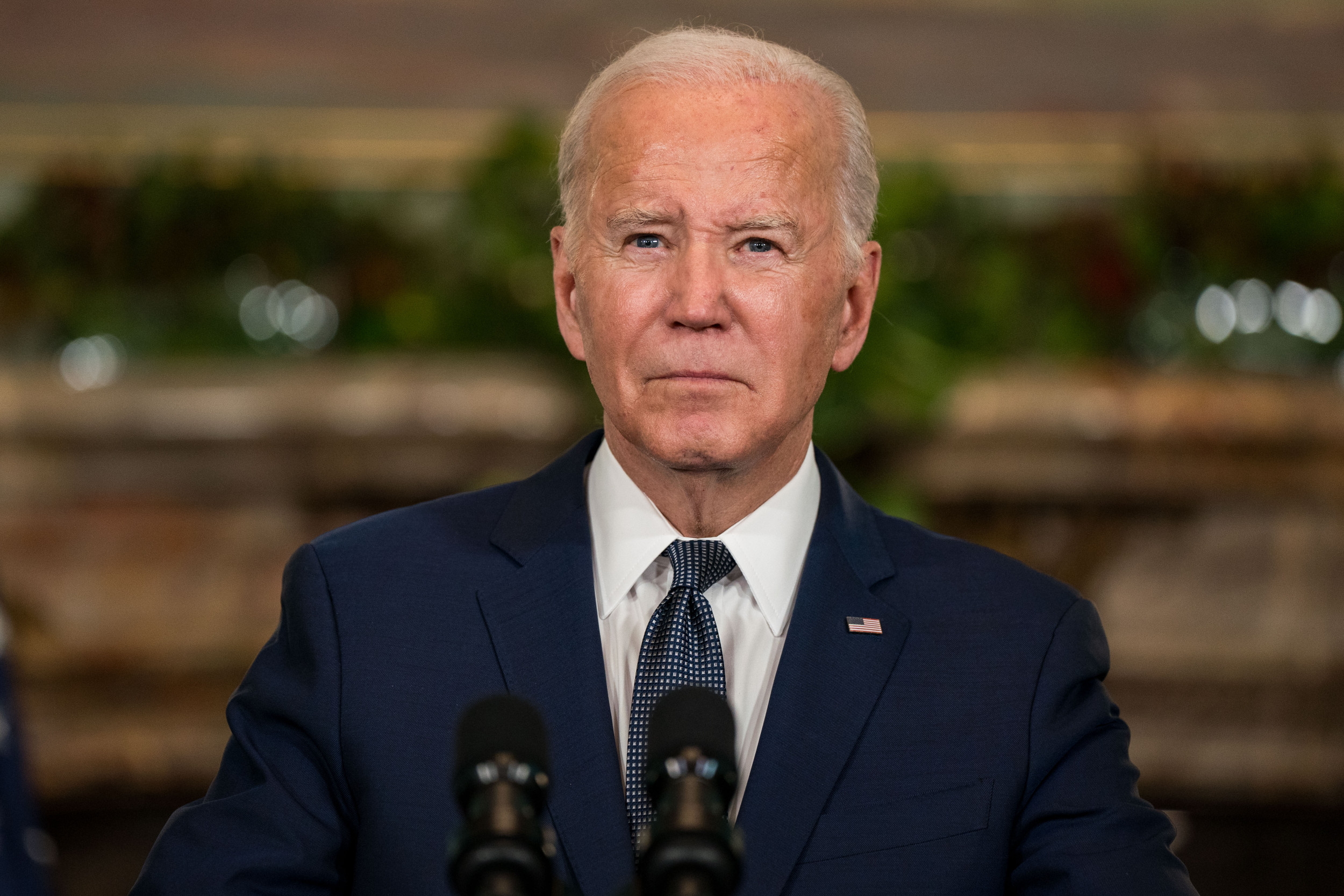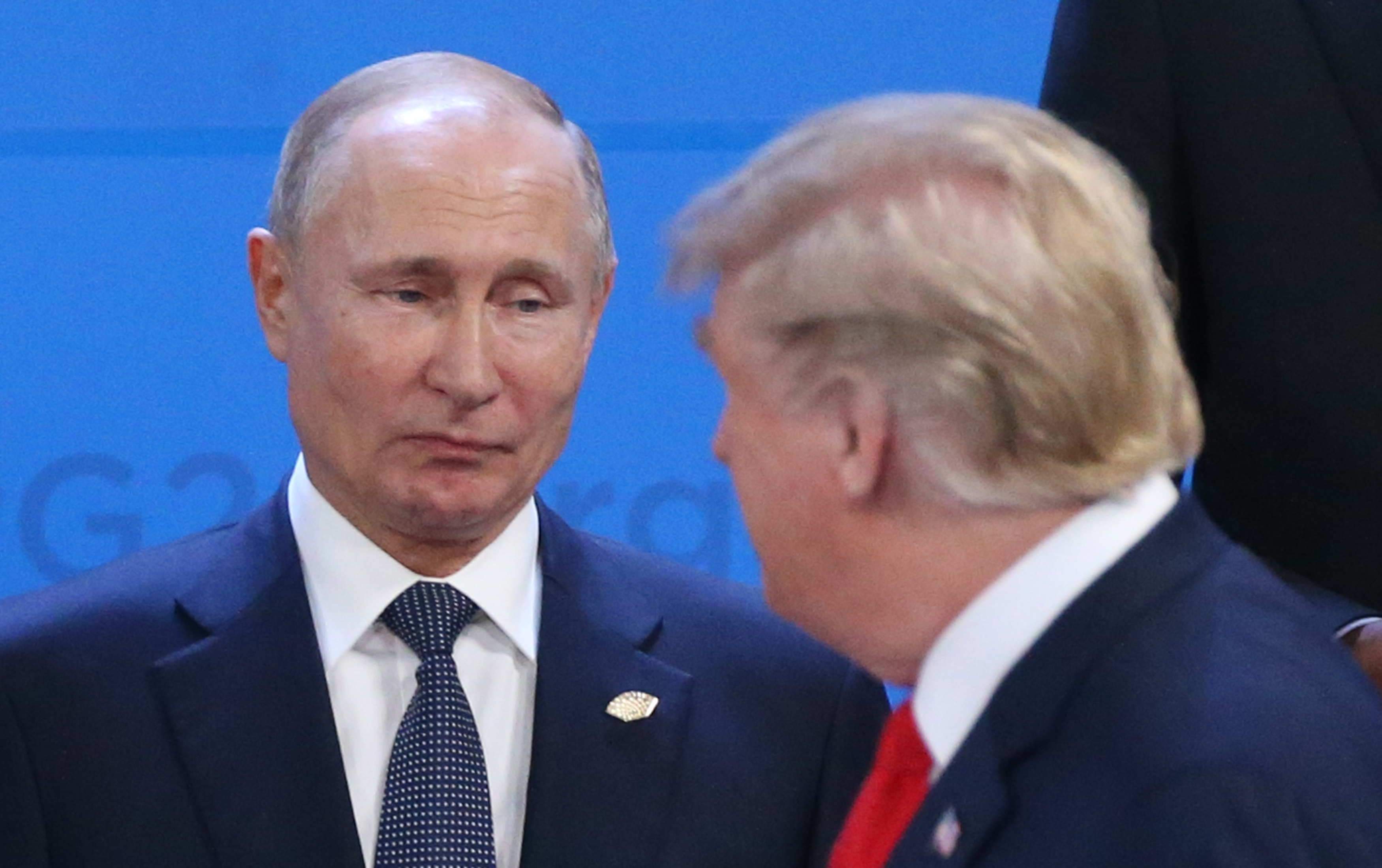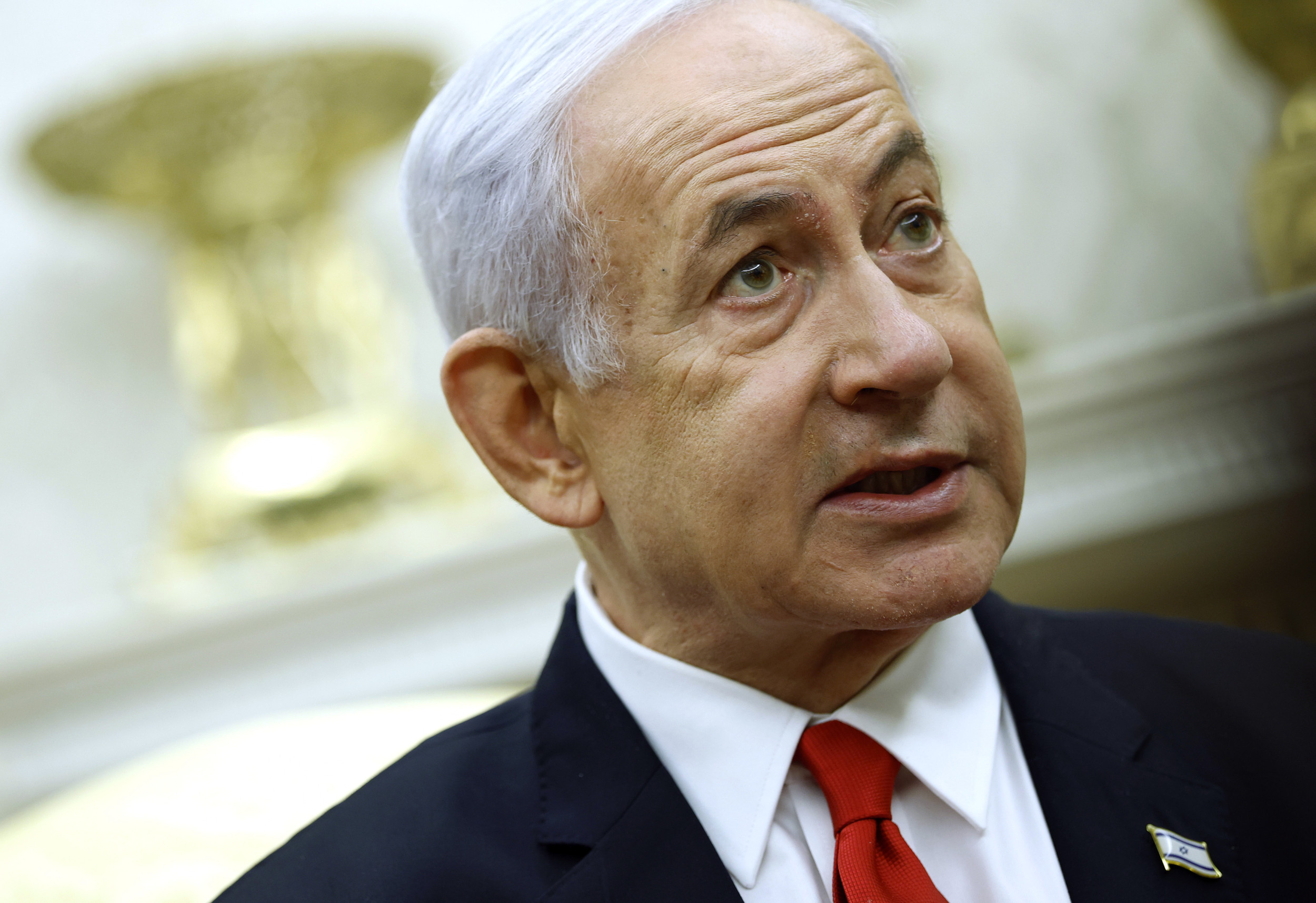🎙️ Voice is AI-generated. Inconsistencies may occur.
The proportion of Ukrainians who support territorial concessions to Russia in exchange for peace is rising, according to polling by the Kyiv International Institute for Sociology (KIIS).
Both Kyiv and Moscow seem far from accepting starting negotiations. Ukrainian President Volodymyr Zelensky has rejected any agreements with Russia's current leadership, even issuing a decree ruling out talks with Russian counterpart Vladimir Putin.
However, Zelensky told the BBC last week that Russian representatives should attend a planned "peace summit" in November. He said if Moscow were ready to discuss a plan "and agree on ending the war, in accordance with the U.N. Charter, then we will be ready to speak." Newsweek has contacted Zelensky's office for comment.

Zelensky did not say he was prepared to cede territory for peace—which Kyiv and its allies such as the U.S. oppose because it would reward Putin's aggression.
However, the latest survey by the KIIS, which has conducted polling about Ukrainians' attitudes to Putin's full-scale invasion since May 2022, suggested a shift in opinion.
The poll found that 32 percent of Ukrainians said they would accept ceding territory to "achieve peace and preserve independence," compared to 26 percent in February this year. It was 9 percent in February 2023.
"Ukrainian morale for reclaiming all territories may be waning due to exhaustion and heavy losses," Viktor Kovalenko, a defense analyst and former Ukrainian soldier told Newsweek. "Their military has shifted to a defensive stance, lacking the capabilities for a counteroffensive. Despite assurances of unwavering support, Western aid appears increasingly uncertain."
The survey also found that 55 percent of respondents still opposed giving up territory to Russia if it would end the war. However, this was down from 74 percent of the population in December 2023 who held this view.
This was also a drop of 10 percentage points from the 65 percent of people who backed such a move in February 2024.
The level of opposition to territorial concessions depended on where in Ukraine respondents were living, with the most people rejecting such a move coming from the west (60 percent) while the fewest were in the south (46 percent).
The KIIS said that the poll questions did not specify which territories can be the subject of concessions nor do they refer to "peace on any terms" or surrender.
When asked about acceptable scenarios for peace, 62 percent of respondents said regaining all occupied territories and joining the EU, without NATO membership, would be acceptable.
De facto ceding control of Donetsk and Luhansk oblasts, as well as Crimea, but regaining full control of Kherson and Zaporizhzhia oblasts and joining NATO and the EU was the second most popular proposal at 53 percent.
Kovalenko said that the decrease in advocates calling for a reverting to the borders of 1991 gives Zelensky more diplomatic leeway to conclude the war with little domestic opposition.
"He might consider using the war as a chance to cut off the pro-Russian Donbas, potentially strengthening Ukraine," he said. "A significant portion of Ukrainian society tentatively agrees that the industrialized Donbas has been a financial burden and has obstructed Ukraine's path to the EU and NATO."
KIIS director Anton Hrushetskyi said in the media release that, despite flexibility on territorial concessions, Ukrainians "clearly do not agree to peace on any terms."
The survey of 3,075 adults in all regions controlled by the Ukrainian government between May 16 and 22 and from June 20 to 25 with a margin of error of 5 percent.
Update 07/23/24, 12:30 p.m. ET: This article has been updated with comment from Viktor Kovalenko.
About the writer
Brendan Cole is a Newsweek Senior News Reporter based in London, UK. His focus is Russia and Ukraine, in particular ... Read more




